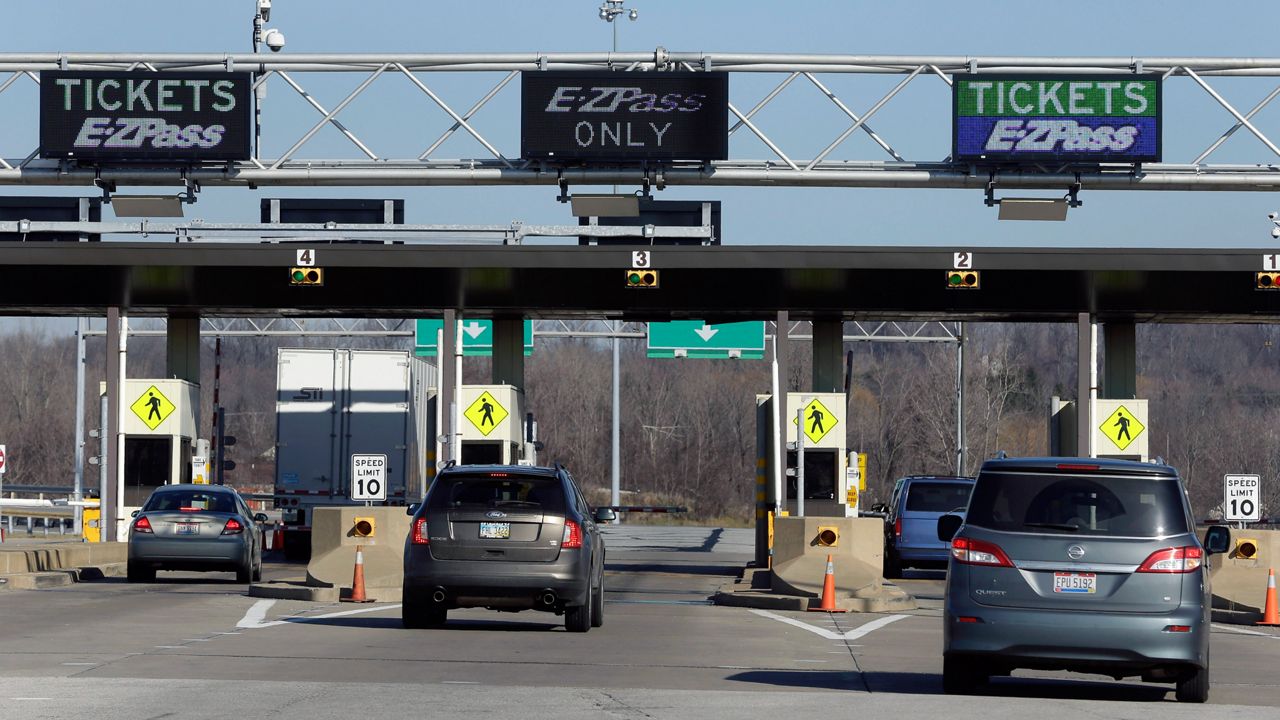TALLAHASSEE, Fla. — Standing outside Gov. Ron DeSantis' office Thursday, environmental activists demanded that he slam the brakes on a plan to build three new toll roads intended to ease congestion on Florida's interstates.
Any benefits, they argued, would be vastly outstripped by accompanying sprawl and environmental degradation.
Capital Bureau Reporter Troy Kinsey has five questions and answers about the plan.
1. Where would the toll roads go?
The roads, overwhelmingly approved by the legislature last spring, would extend the Suncoast Parkway in Tampa Bay to the Georgia state line, connect the Suncoast with the Turnpike near its junction with I-75, and link Polk County with Collier County.
2. Why are environmentalists opposed?
Construction would take place largely in rural areas that are home to threatened species and help nurture Florida's unique ecosystem. The delicate balance of that ecosystem, environmentalists argue, would be permanently upset by the toll roads. In addition, they warn the roads could foster unwanted growth and its associated pollution.
3. What is the status of the project?
The Florida Department of Transportation is currently conducting public hearings on the so-called M-CORES project. Under a timetable approved by lawmakers, construction is to begin in late 2022, with completion scheduled for no later than December 31, 2030.
4. What role does Gov. DeSantis play?
Because the governor oversees FDOT, the environmentalists -- including representatives of the Sierra Club, Florida Conservation Voters and the Florida Springs Council -- say he has the authority to direct the department to shelve or overhaul the project. The governor, however, signed the M-CORES legislation and has expressed agreement with top lawmakers that Florida's growth of more than 300,000 new residents each year demands infrastructure improvements.
5. What happens next?
As FDOT finalizes a pre-construction report including input from its public hearings, the environmentalists say they plan to intensify their public pressure on the governor to stop the project.



